TABLE OF CONTENTS
The water you use for your cannabis plants is an important consideration.
As we know from news over the years, water isn't the same from city to city. If you talk with many aspiring cannabis cultivators, you’ll sometimes hear people ask if using tap water is okay.
Using your tap water may be just fine, but it depends on the water quality. Read further to learn more about the ideal tap water pH for cannabis.
There are several factors to growing healthy cannabis plants, and water is just one of them. Both hydroponic and soil grows rely on good water, so it’s imperative that both growing methods have a good water source.
Proper pH is particularly important for hydroponics, less so for organic soil grows. Soil grows rely on top-quality soil and the right soil amendments (most cannabis growers and consumers prefer flower from organically grown plants), whether it’s from a bottle, compost, or a special recipe.
Likewise, proper pots with good drainage to eliminate excessive water are an important factor for every good grow. Lighting, air circulation, humidity, and temperature are important factors are well.
Assuming all of those things are correct, a cannabis grow should thrive and produce a bountiful harvest. Let’s focus on the water factor to accomplish that goal.
Tap Water Definition
First, let’s define the term ‘tap water'. The most basic definition means that it came out of a household tap, but what’s the source of the water? Is it hard city water (with chlorine and fluoride) or softer well water, with no harsh chemical and beneficial levels of minerals? There's quite a bit of difference between the two.
Hard water refers to water that contains high level of calcium and magnesium compared to soft water, which has had these harsh impurities removed and contains sodium. Because city tap water often comes from reservoirs and water sources with high levels of contaminants, chlorine and fluoride are added as a safety measure.
Soft water has no harsh impurities and contains very small levels of beneficial minerals or none at all, so it’s healthier for drinking, bathing—and cannabis.
Other categories of water include distilled water, which has all additives and minerals purged, and spring water, which contains no impurities but all of the beneficial minerals. Spring water ranks among one of the best waters for drinking, and also is good for growing cannabis, although it’s rather expensive.
What is pH?
The pH (pondus Hydrogenii) of a solution indicates its acidity or alkalinity. Acidity is vital to sustaining certain enzymes and determine the characteristics, quality, solubility, and absorbability of many substances. The pH value is between 0 and 14.
A solution’s value between zero to seven is acidic and one between seven and 14 is alkaline. For comparison, vinegar has a pH value of less than three. Soap has a value higher than eight. A solution with a pH value of 7 is considered neutral.
How Does pH Affect Cannabis Growth?
Using tap water with a pH below 5.0 can lead to some serious iron or manganese toxicity. Signs of toxicity can appear as black speckling on old leaves or as bronzing. Most of the time, using water with a low pH level can lead to stunted growth.
If the pH is too high, however, cannabis plants may display a yellowing of the new leaves. Elevated pH levels can make micronutrients unavailable compared to the increased micronutrient availability of low pH. Elevated pH levels mean anything higher than 7.5.
Cannabis is able to regulate micronutrient intake on a pH range as wide as 5.0 to 7.0, but expert growers recommend keeping the pH at a narrower range between 5.5 and 6.5 or even 5.8 and 6.2. If the pH drops below or above the narrow range, growers can employ a number of procedures to adjust the pH levels.
Testing Tap Water pH for Cannabis: An Important Evaluation
Most tap water is city water—with all of the additives city water is known for—so this is the water all growers should monitor and test to determine if treatment is necessary for optimum growth rates and plant vigor. Regardless of the source, correct water pH is very important. Testing water pH should be a standard procedure for every cannabis grower.
Water pH test kits are readily available and easy to use. Cannabis does best with a pH reading between 6-7. A level of 6.5 is perfect—even lower for hydroponic grows. For hydroponic cultivation, a level between 5-6 is best, with 5.5 being ideal. Most likely, your water won’t be right on target. While you can likely grow cannabis with it, your plants won’t grow with the same vigor that they will with pH in the proper range.
Most likely, you will need to decrease your taps water’s pH rather than increase it. Using a reliable pH test, collect some tap water and take a reading.
High pH means the water is too alkaline, and low pH means the water is too acidic. Neither extreme is desirable. You want to be somewhere in the middle.
Water transports vital nutrients throughout a cannabis plant’s structure to help it grow. Improper pH prevents water from delivering these important building blocks.
If your water pH is outside of the desirable range, don’t despair. There are easily obtainable products that will adjust it to a good level. Cannabis growers should have some standard items in their cultivation arsenal that go beyond the most obvious ones. A pH booster and a pH reducer should be at your disposal in the event that you need them.
These products should be easy to locate at your local nursery or grow center. Test your tap water and follow the directions on your booster or reducer to adjust your pH to the optimum level. Most likely, the pH reducer will be the product most often used, since a lot of water straight from the tap tends to run a little high in pH.
Popular pH Tests
There are three main types of pH testing equipment. The cheapest pH tests come in strips or paper form but are the least effective. The color of the pH tester changes according to pH levels in the soil or water tested. The color changes can be hard to read under dim lighting and some nutrients in the soil can stain the strip impacting its accuracy
A second pH tester includes probes or sticks. These are the most popular among cannabis growers. These pH tests are easy to use, too. Simply stick the probe or sticks into the solution to test the pH levels.
Finally, electronic or digital pH testers are the most high-tech and costly option, but deliver accurate and easy-to-read results. Commercial growers may use these to get a better reading and for its convenience. Remember to recalibrate your pH meter frequently to ensure accurate readings.
Some pH meters also test moisture and light levels for cannabis plants. Make sure to get a pH meter with a readout scale that is easy to read and doesn’t require electricity or batteries to operate.
Are pH Boosters and Reducers Really Necessary?
Depending on the methods you use for growing cannabis, there may not be a compelling need to boost or reduce your tap water’s pH. If you’re growing organically in soil, you may not need to adjust your pH at all. Often, organic fertilizers and soil amendments that you mix in the water will automatically adjust the pH.
The creators of these products anticipate that the water pH used by the majority of their customers is usually a bit high, so they create soil amendments that address the need to adjust tap water pH.
For example, say your tap water has a pH of 8.5. By following the soil amendment directions and providing the plants with the correct amount, water pH may reduce to the perfect 6.5 level. To ensure that this is the case, additional testing will reveal if the tap water is at the appropriate pH level. Make sure you test the water after mixing in the soil amendments.
Dechlorinating Your Tap Water
Many cannabis growers who use city tap water worry about the chlorine content. Cannabis can usually grow fairly well with chlorinated water. For instance, just think about all of the beautiful lawns and lush gardens that grow just fine with city water straight from a garden hose.
Despite this, many cannabis cultivators like to remove all unnecessary and undesirable elements from this water. To do this with tap water is easy but requires some planning and steps that are fairly simple, especially for smaller grows. Fill a large container (a large bucket serves as a good example) with tap water and set it aside for 24 hours.
A full day is all that’s necessary for the chlorine in the water to evaporate, leaving the water more suitable for cultivation. Dechlorinating water doesn’t require any expensive products or elaborate procedures.
You can also boil and cool your tap water to dechlorinate it. Cold water contains more gases than hot water. Boiling your tap water on the stove for about 20 minutes will degas, or evaporate, the chlorine. Boiling water can be time-intensive and impractical for large-scale cannabis growing.
Before watering your marijuana plants, ensure the boiled tap water has cooled to room temperature.
Vitamin C is also used to remove chlorine and chloramine from large volumes of water. Cannabis growers can buy vitamin C tablets or powder to help remove chlorine, but it does also decrease the pH level of the water. Vitamin C is effective at removing chloramine used by some municipalities instead of chlorine for its slow evaporation rate and resilience. Approximately 40 mg of vitamin C will dechlorinate one gallon of water.
Municipalities may treat water with chlorine and ammonia, which converts the chlorine to chloramines in a process called chloramination. The process is used to remove the phenols (plant material) present in water. Chlorine alone is effective at disinfecting, but bonds with the phenols to produce chlorophenols that can smell and taste bad.
Some garden hose filter attachments can remove chlorine, chloramines, VOCs, pesticides, and herbicides. Third-party testing for these products ensures that the filter reduces organic chemicals by 99 percent and chloramines at 97 percent or better. Catalytic carbon filters are made from coconut shells that have undergone steam activation to become an activated carbon form with micro-pores for filtration.
Using Rainwater For Cannabis
In outdoor settings, cannabis plants can benefit tremendously from rainwater. Rainwater contains dissolved nitrogen and is free from minerals and salts accumulated when filtered through the earth. Rainwater is also free from chemicals found in tap water such as chlorine as fluoride. Rainwater is usually more acidic than tap water.
If you plan to build your own rainwater collection system, check with your local regulations first. Some jurisdictions have rules against collecting rainwater for many reasons. Make sure your rainwater collection container isn’t exposed to environmental debris or vulnerable to leaks.
Why Tap Water Smells Like Marijuana
On rare occasions, some people have noticed that their tap water has a distinct smell of marijuana or an odor resembling a skunky and pungent smell. If the marijuana smell comes from all faucets, the problem could be the main water supply. If the problem is in certain faucets, then the odor is most likely in the fixtures or pipes.
“
There are over 300,000 jobs in the cannabis industry. CTU trained me for one of them!

Makes $24.50 @ THC +
While there is no definite answer, many users claim that ‘flushing the pipes' could fix the odor problem. If your tap water smells like weed or any weed-related smell, call your utility company or your building’s maintenance crew. Ensure your water is contaminant-free before using it to water your marijuana plants.
Special filters will also eliminate chlorine and adjust hard water to an appropriate softness for cannabis plants. Activated carbon filters and chemical products will remove chlorine quickly and is more convenient for large grows. Investing in a high-quality reverse osmosis system is an ideal way to have a steady supply of perfect cannabis water available to you at all times.
Perfect Water Results in Perfect Plants
Adjusting your water to make it as perfect as possible for your grow is a sound cultivation best practice. While you can certainly grow cannabis with mediocre water, it won’t thrive like it will with water at the correct softness, the proper pH, and free from chlorine.
Adjusting your tap water with the appropriate equipment and/or additives will result in lusher plants, better yield, and bigger flowers with excellent terpenes. When it comes time to harvest, you’ll be glad you took the extra step to ensure your grow is as successful as possible.
Marijuana College
There is much more to learn about the growing of this amazing plant. If this is something that interests you, you can learn all about it at the worlds leading cannabis college. Sign up today to get started.
Learn how to grow weed at the premier marijuana school, the top-rated cannabis college, and the best cannabis training program offered online.

Luis Cordova
Luis Cordova is a distinguished author, and renowned expert in cannabis cultivation, who possesses a Master's degree in Plant Biotechnology and Pharmaceutical Science. As a valued contributor to highly esteemed publications such as Cannabis Training University and Maximum Yield Magazine, Luis has emerged as a trusted source of guidance and knowledge in the cannabis industry. Having written thousands of informative articles, Luis is widely recognized for his comprehensive expertise on cultivating cannabis, both indoors and outdoors.


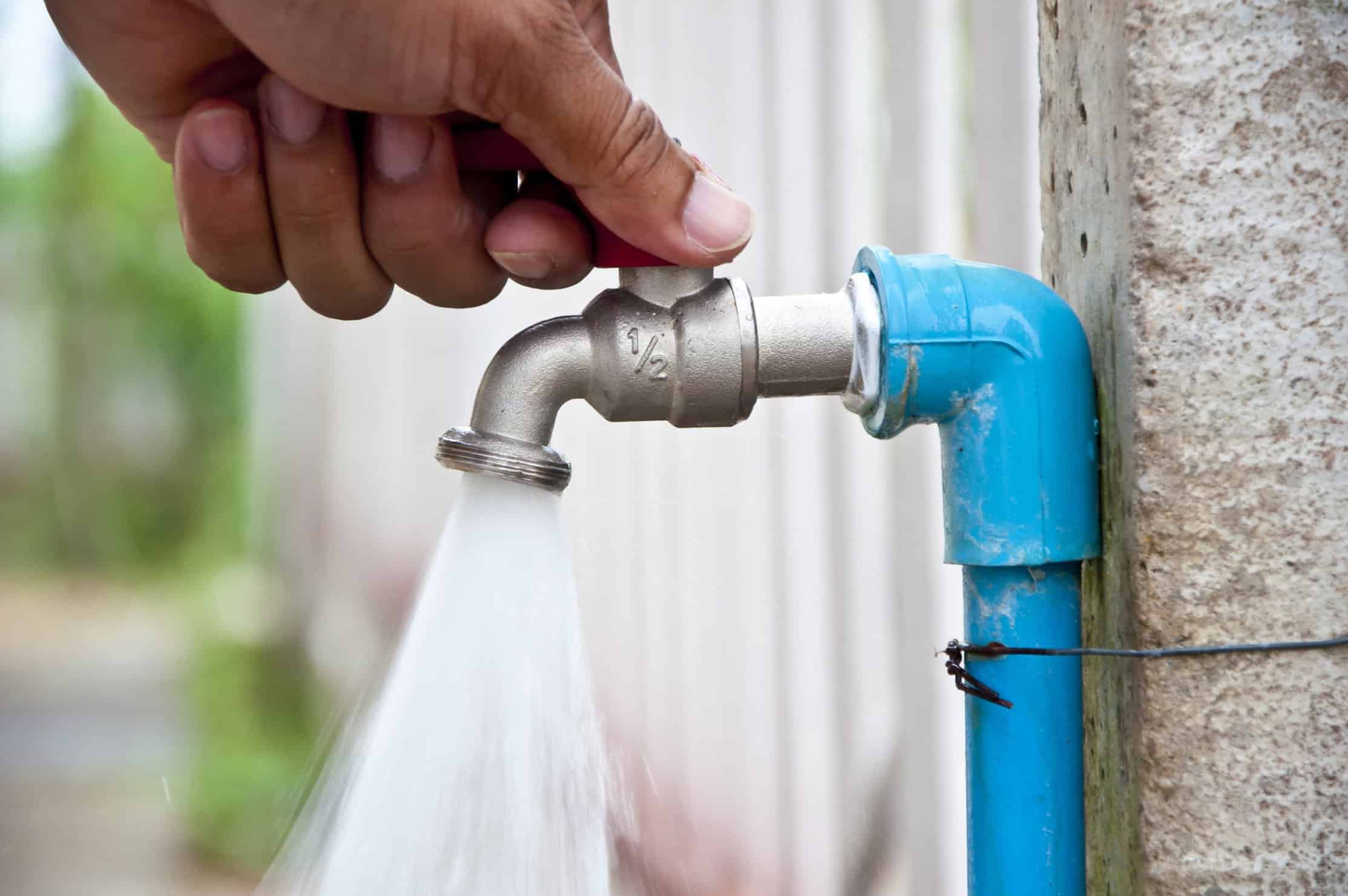



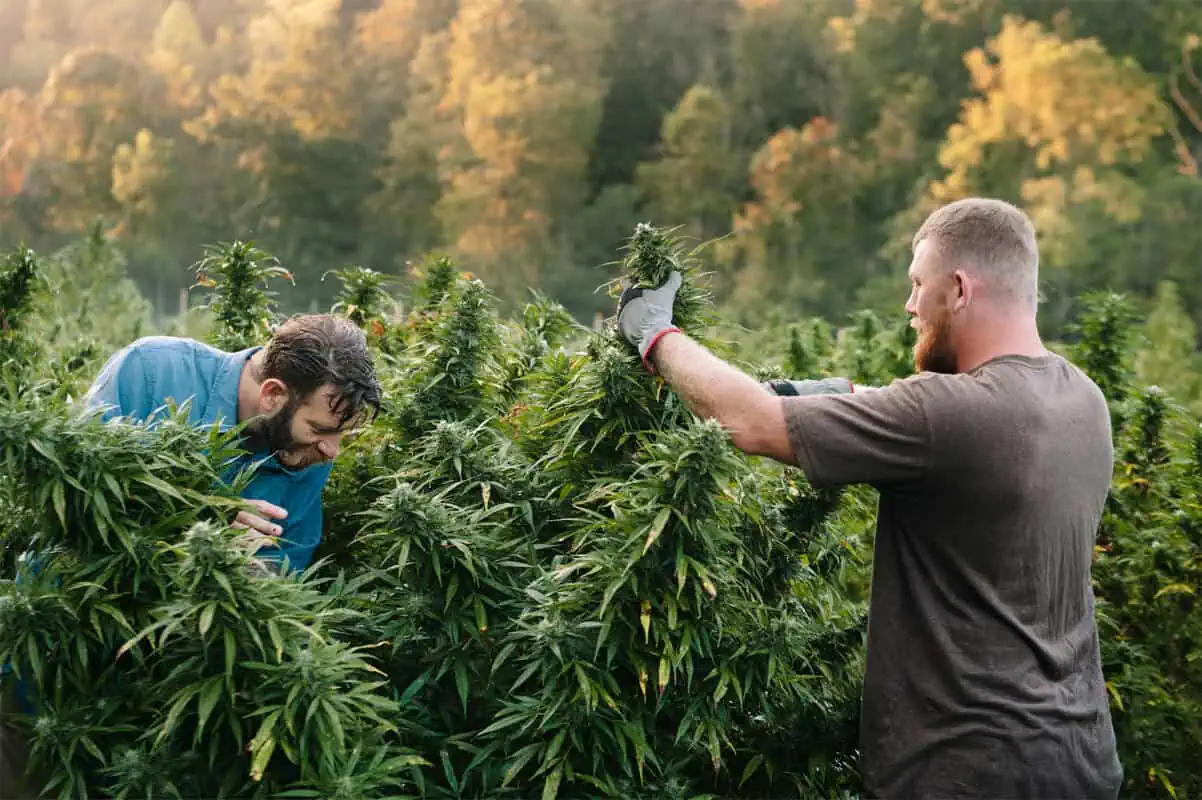
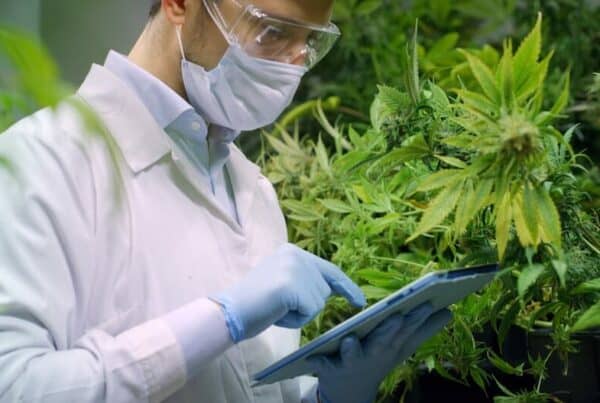
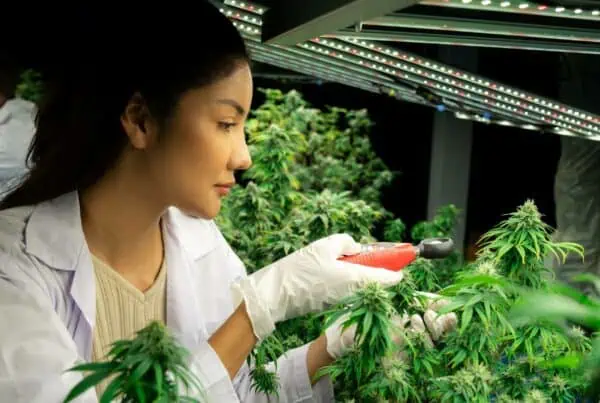
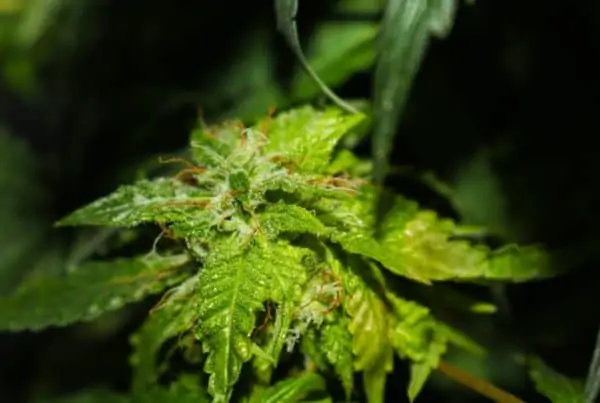
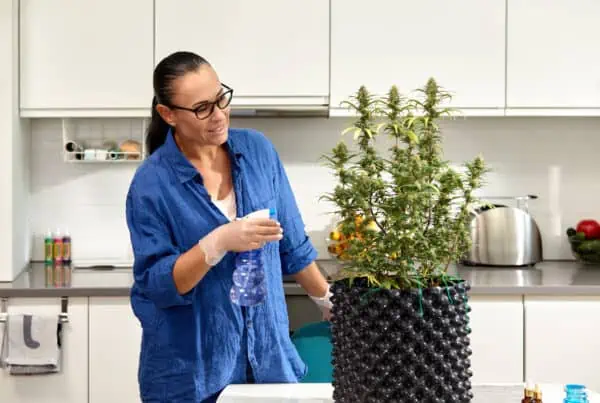

 Jeff was involved in an accident where he endured a traumatic brain injury. He had a week-long stay in ICU where brain surgeons
Jeff was involved in an accident where he endured a traumatic brain injury. He had a week-long stay in ICU where brain surgeons  100% risk free money back guarantee within 48 hours after purchase if student has not completed any of the courses or exams.
100% risk free money back guarantee within 48 hours after purchase if student has not completed any of the courses or exams.